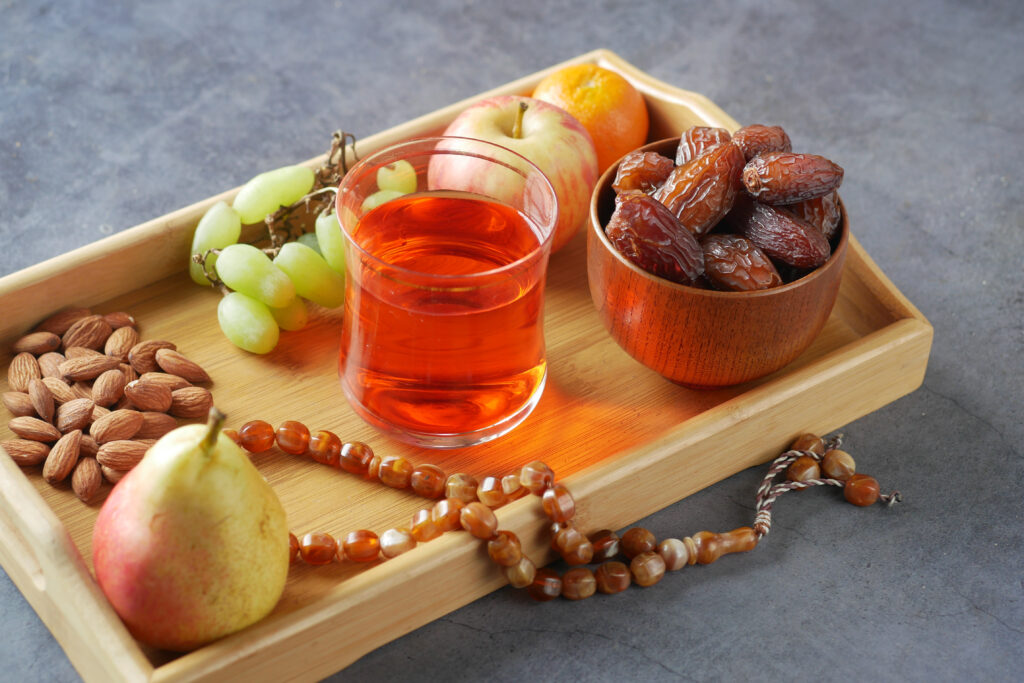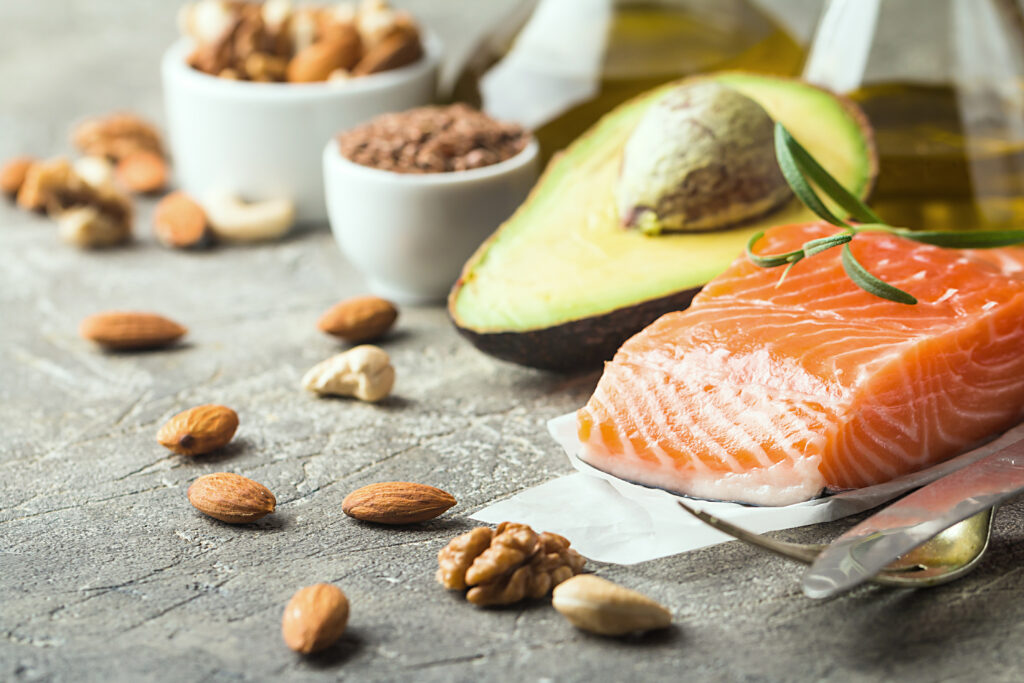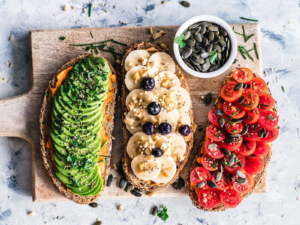After a long day of fasting, Muslims eat Iftar in the evening during Ramadan. It’s critical to make a nourishing Iftar that will replenish the nutrition and energy in your body. It’s crucial to have a satisfying and healthful Iftar meal for a number of reasons.
- The body requires sustenance and energy to function effectively after a day of fasting. A well-balanced diet that includes lean proteins, healthy fats, and complex carbs as well as vitamins and minerals can give the body the resources it needs to heal and maintain its health.
- A satisfying and healthy Iftar meal can improve the experience of breaking the fast as a whole. Having scrumptious and nourishing food may make the experience of sharing a meal with friends and family much more enjoyable.
- Throughout the month of Ramadan, eating a healthy Iftar meal can support maintaining a healthy lifestyle. Eating sweets, sugary beverages, and fried or greasy foods can result in weight gain and health issues like diabetes and heart disease. Conversely, consuming whole foods, fruits, and vegetables can support maintaining a healthy weight, increasing energy levels, and enhancing general health.
- Healthy Iftar meals are crucial for the overall enjoyment and spiritual importance of breaking the fast during Ramadan as well as for the body’s physical health and well-being.

How to prepare a delicious and healthy Iftar meal:
Soup or salad:
Start the meal with a light soup or salad to re hydrate you and prime your stomach for the remainder of the meal. Great choices include a salad with lots of fresh veggies or lentil soup.

Benefits:
- After a long day of fasting, soup and salad are hydrating and can help replace the body’s fluids. In the summer, when dehydration is more prone to happen, this is especially crucial.
- After a long day of fasting, the body may benefit from its high vitamin and mineral content. Many vital nutrients, including fiber, vitamin C, vitamin A, and potassium, can be found in them.
- By offering a low-calorie, nutrient-dense alternative that can make you feel satisfied and full, soup or salad can aid with weight management.
Adding Proteins:
Lean meat, poultry, fish, or beans are all good sources of protein to include in your meal. You will experience satiety and fullness as a result. Other alternatives include grilled chicken or fish with veggies or roasted chickpeas in tomato sauce.

Benefits:
- Protein helps you feel satiated for longer periods of time since it takes longer to digest than carbohydrates. This may help limit iftar meal excess.
- In order to build and repair muscles, you need protein. Consuming protein during Iftar might aid in repairing any muscle damage that might have taken place throughout the long day of fasting.
- Getting enough protein can help keep blood sugar levels stable.
- Foods high in protein are frequently nutrient-dense, containing a range of vitamins and minerals necessary for good health.
Complex carbohydrates:
You can add whole grains to the meal to give complex carbs that will keep you fuller for longer, such as brown rice, quinoa, or whole wheat pasta.

Benefits:
- During a long day of fasting, they provide sustained energy into the evening as they release energy slowly and consistently.
- Because of dietary and habit changes during Ramadan, constipation can be a common issue. The fibre in complex carbs can help digestion and avoid constipation.
- This can ensure that you acquire the essential nutrients during the fasting month.
Healthy fats:
Olive oil, avocados, and almonds are excellent sources of healthy fats that keep cholesterol levels in check and help you feel full. Add olive oil when cooking, include avocado in your salad, or top your rice with nuts.

Benefits:
- In contrast to the immediate burst of energy that comes from carbohydrates, healthy fats give the body a sustained and consistent flow of energy that lasts longer.
- By assisting in lubricating and facilitating the smooth movement of the digestive tract, healthy fats can also support the digestive system.
- It has been demonstrated that some good fats, such as those in nuts, seeds, and avocados, can enhance heart health by lowering cholesterol and inflammation.
Stay hydrated:
Be hydrated by drinking lots of water, especially during Ramadan. Avoid caffeine and sugary drinks because they can dehydrate you.

Benefits:
- Dehydration-related headaches and lightheartedness can be avoided by drinking water.
- In particular during the hot summer months when fasting is observed, drinking water at iftar can assist control body temperature. This can guard against heat-related disorders including heat exhaustion.
- It can enhance kidney function, encourage healthy skin, and lessen the risk of urinary tract infections.
Small dessert:
Without overindulging, a small amount of fresh fruit or low-fat yogurt might be a terrific way to sate your sweet desire.

Benefits:
- Eating something decadent or sweet can lift your spirits and make you happier.
- Desserts are a wonderful method to improve the iftar’s social atmosphere. Eating sweets with loved ones and close friends can foster a sense of community and connection.
Remember to make a balanced meal with a variety of food groups, taking into account your dietary restrictions or preferences. Consult a nutritionist or a health care professional if you need personalized dietary advice.







